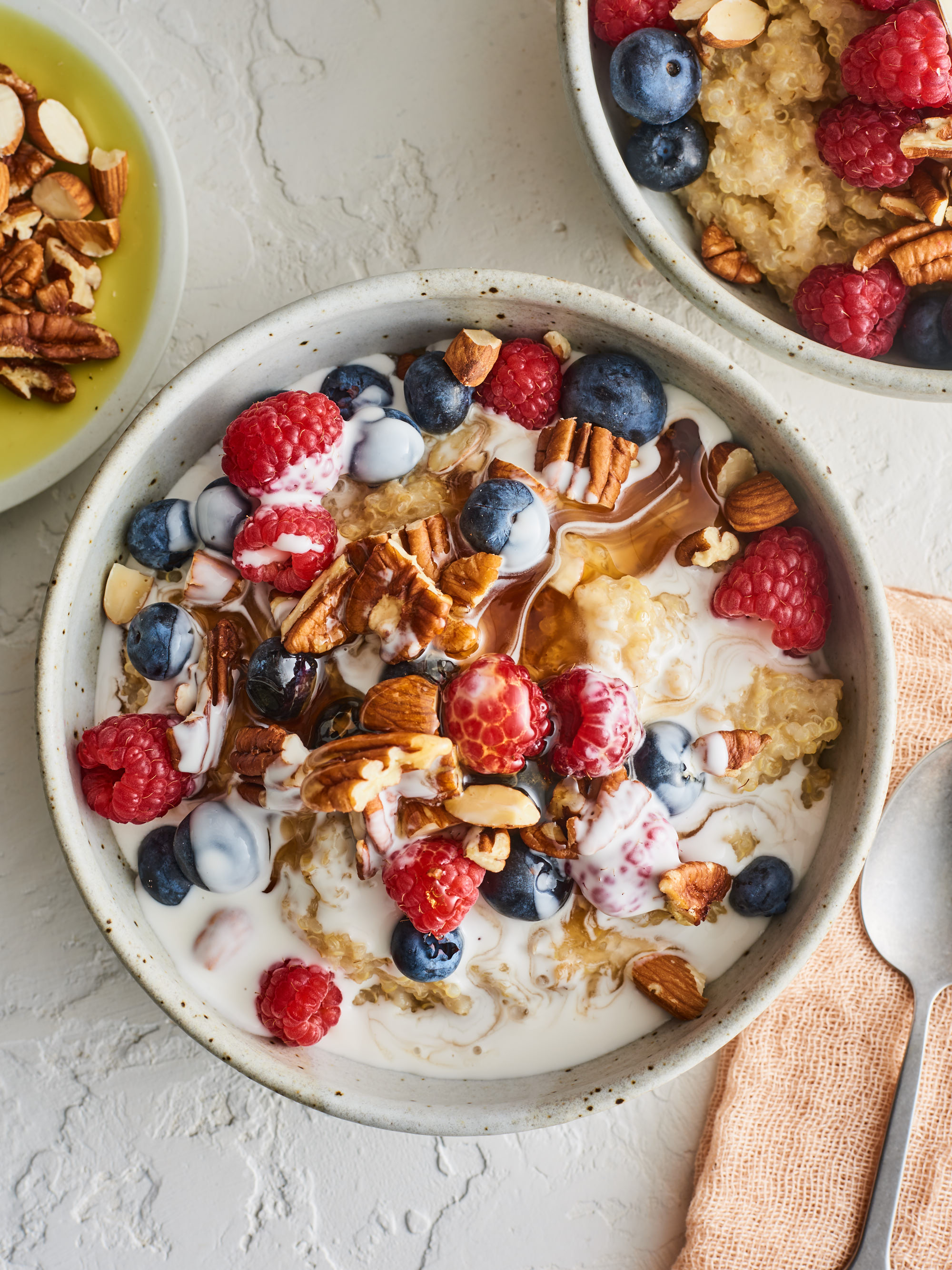
A well-balanced diet provides all of the: energy you need to keep active throughout the day. nutrients you need for growth and repair, helping you to stay strong and healthy and help to prevent diet-related illness, such as some cancers.
Good nutrition is essential to keeping current and future generations healthy across the lifespan. A healthy diet helps children grow and develop properly and reduces their risk of chronic diseases.

Adults who eat a healthy diet live longer and have a lower risk of obesity, heart disease, type 2 diabetes, and certain cancers. Healthy eating can help people with chronic diseases manage these conditions and avoid complications. Healthy eating affects how you feel on a daily basis.
A balanced diet can help increase your energy level, reduce your risk of obesity, improve your muscle strength and even build stronger bones and teeth.

Food can either be a nutritious meal or a guilty pleasure! We all have our weaknesses when it comes to what we like to eat. Some of those foods, whether they're healthy or not, have interesting facts about them that you never would have guessed or thought of.
For example, did you know that ranch dressing is dyed? You'd be surprised to find out what it's dyed with! Find out the reason why crackers have holes in them, and the actual origin of American cheese - hint: it's not from America.

A healthy diet is a diet that maintains or improves overall health. A healthy diet provides the body with essential nutrition: fluid, macronutrients such as protein, micronutrients such as vitamins, and adequate fibre and food energy. Eating a variety of foods and consuming less salt, sugars and saturated and industrially-produced trans-fats, are essential for healthy diet.
The Nutrition Facts label must list total fat, saturated fat, trans fat, cholesterol, sodium, total carbohydrate, dietary fiber, total sugars, added sugars, protein, and certain vitamins and minerals.
